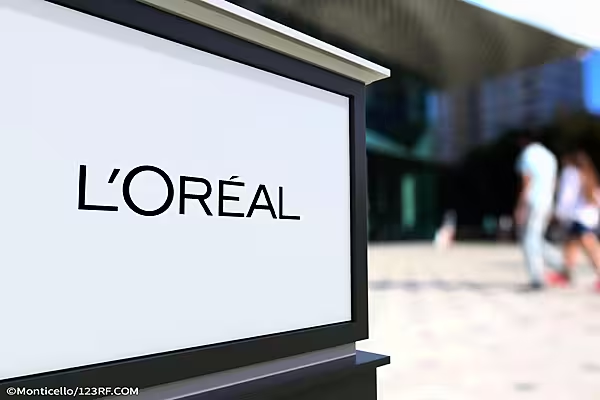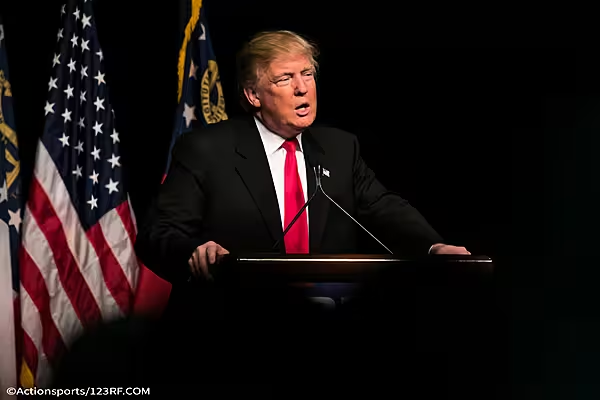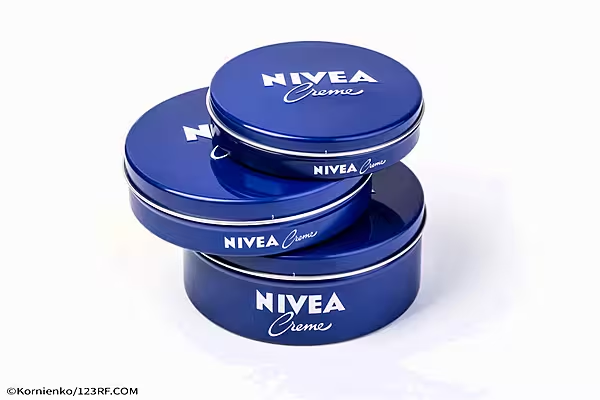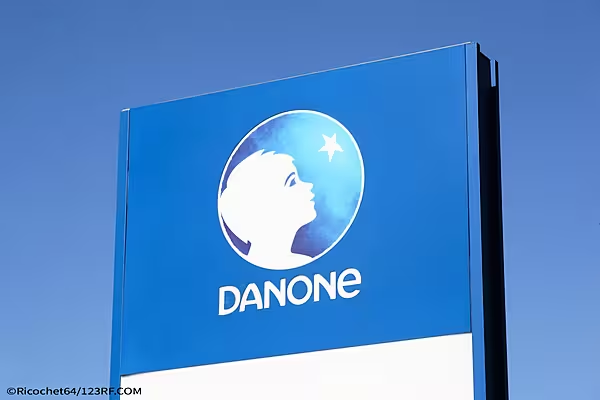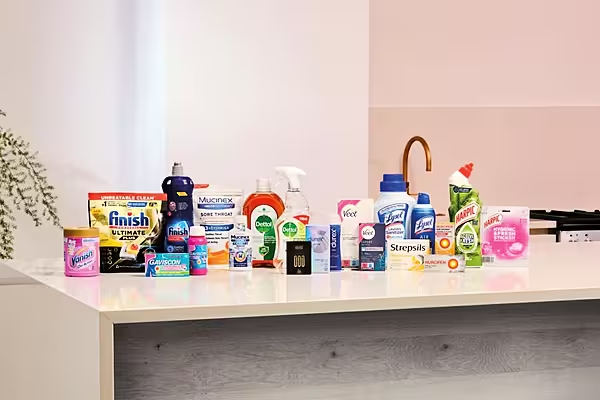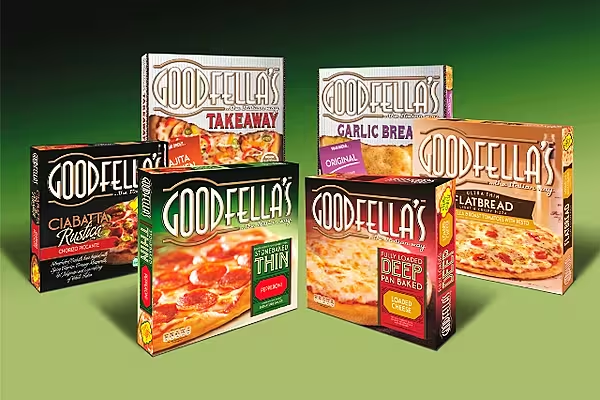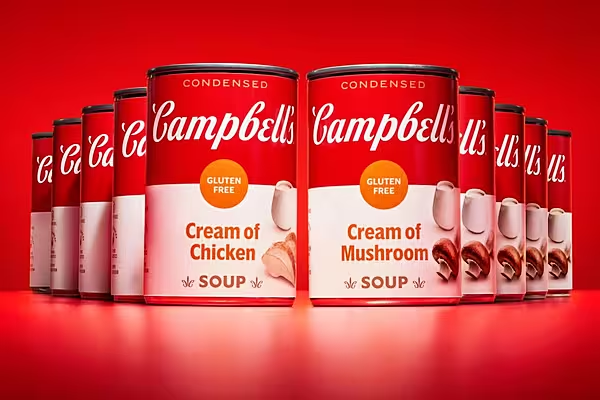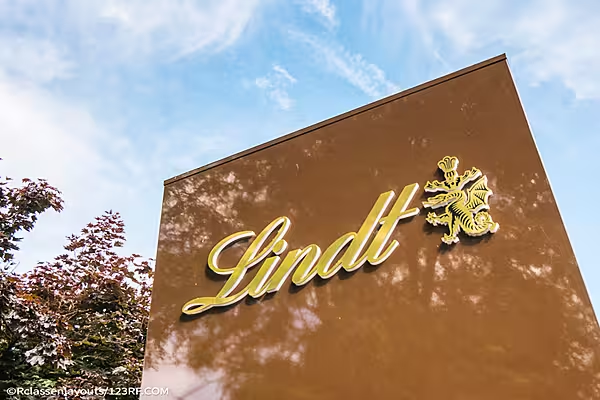French cosmetics group L'Oréal reported the slowest quarterly rise in growth since the height of the pandemic, missing expectations, as Chinese demand stayed weak and growth in North America slowed.
The figures conclude a challenging year as the Chinese economy failed to gain traction and inflation in the United States dented demand for skincare and makeup in two of the company's biggest markets.
The 2.5% rise in fourth-quarter sales was a slowdown from the 3.4% rise in the third quarter, and the slowest quarterly growth since 2020.
The owner of brands from Maybelline mascara to Lancome facecream said sales for the three months to end-December were €11.08 billion ($11.49 billion), up 2.5% on a like-for-like basis, versus expectations for a 4.4% rise, according to a consensus compiled by LSEG.
The company had said in October fourth-quarter sales growth would be comparable to the prior quarter's.
"We expect the shares to react negatively tomorrow, and call commentary to remain cautious on both visibility and the pace of growth recovery," analysts at Jefferies said.
Paris-based L'Oréal lost market share in China's mass market last year to domestic rivals such as Proya, analysts say, and its CeraVe and other products recommended by dermatologists face growing competition in developed markets.
Fourth-quarter sales grew 1.4% in North America, much less than the 5.2% reported in the third quarter, and well below analyst expectations. In North Asia, revenues were down by 3.6%, after a 6.5% decline in the prior period.
The Luxe division, which markets the Valentino and Yves Saint Laurent perfumes, grew 1%, much slower than a consensus forecast of 5%, driven by weakness in North Asia.
Singles' Day
China accounts for a large share of North Asian sales, and has a bigger than usual impact in the fourth quarter due to its online shopping festival, known as Singles Day.
Expectations for the event were low this year, and analysts said heavy discounts to stimulate shopping could have meant customers overbought and then returned items. L'Oréal has not commented on returns.
Weakness in China has had a broad effect on companies that depend on discretionary spending. Luxury bellwether LVMH last week reported lower than expected perfume sales for the quarter.
Other large companies, including spirits maker Pernod Ricard have said they see little sign of a pick-up in consumer demand in China, the world's second-biggest economy, adding to a gloomy outlook for 2025 as executives try to navigate growing global trade tensions.
L'Oréal said mainland China sales declined by low-single digits for the full year of 2024, implying a low-single digit decline in the fourth quarter, said Jefferies.
The 'Chinese ecosystem remained challenging', L'Oréal said in a statement, but added the company outperformed on the global market with growth of 5.1% over the full year.
'We remain optimistic about the outlook for the global beauty market, and confident in our ability to keep outperforming it and to achieve another year of growth in sales and profit,' it said.
Board Changes
L'Oréal also announced that Françoise Bettencourt Meyers, granddaughter of the company's founder and one of the world's richest women, planned to step down from the board, with her son Jean-Victor to take over her role as vice-chair.
Jean-Victor Meyers, 38, and younger brother Nicolas Meyers are already directors on the board.
Bettencourt Meyers has also proposed the family-owned holding company Tethys, L'Oréal's largest shareholder, join the board, alongside her sons.
The proposal will be voted on at the annual general meeting on 29 April, the company said in a statement.
